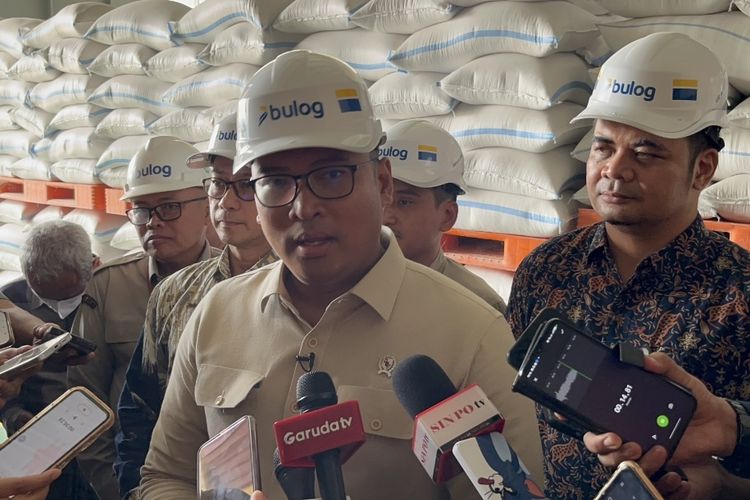Indonesia to Export 2,000 Tons of Rice Monthly to Malaysia: A Strategic Shift in Regional Food Trade
Indonesia is poised to commence monthly exports of 2,000 tons of rice to Malaysia, marking a significant development in Southeast Asia's agricultural trade landscape. This initiative reflects Indonesia's transition from a traditional rice importer to an emerging exporter, leveraging its substantial domestic surplus to meet regional demand.
Admin
5/29/20251 min read


Indonesia's Rice Surplus and Export Readiness
The decision to export rice stems from Indonesia's abundant reserves, which have reached nearly 4 million tons under the management of the state logistics agency, Bulog. This surplus is a result of successful harvests and strategic supply management, enabling Indonesia to consider export opportunities without compromising domestic food security.
Deputy Minister of Agriculture, Sudaryono, confirmed that discussions with Malaysian counterparts and potential buyers have taken place. "We've met with potential buyers," he stated during a visit to Karawang, West Java. "We're now finalizing the details. Once President Prabowo Subianto gives the go-ahead, we're ready to proceed."
Malaysia's Demand and Import Strategy
Malaysia's interest in importing rice from Indonesia is driven by rising domestic prices and a production shortfall. Currently, Malaysia's local production meets only about 40 to 50 percent of its total demand, necessitating imports to bridge the gap. The proposed monthly import of 2,000 tons from Indonesia is part of Malaysia's strategy to stabilize its rice supply and prices.
Bilateral Cooperation and Regional Implications
The planned rice exports signify a strengthening of agricultural ties between Indonesia and Malaysia. By responding to Malaysia's import needs while leveraging its own production capacity, Indonesia is positioning itself as a reliable food partner in the region. This move not only supports Malaysia's food security but also enhances Indonesia's role in regional trade dynamics.
Strategic Shift in Indonesia's Rice Policy
Historically, Indonesia has been a significant rice importer. However, the current surplus and the decision to export mark a strategic shift in the country's rice policy. By entering the export market, Indonesia aims to optimize its agricultural output and contribute to regional food stability.
Conclusion
Indonesia's plan to export 2,000 tons of rice monthly to Malaysia represents a pivotal development in Southeast Asia's agricultural trade. This initiative underscores Indonesia's growing capacity in rice production and its commitment to supporting regional food security. As both nations finalize the necessary agreements and mechanisms, this collaboration is poised to set a precedent for future bilateral trade in the region.



